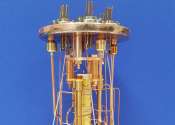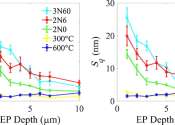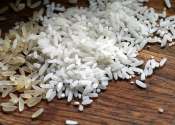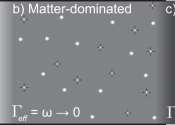Ghost particle on the scales: Research offers more precise determination of neutrino mass
What is the mass of a neutrino at rest? This is one of the big unanswered questions in physics. Neutrinos play a central role in nature. A team led by Klaus Blaum, Director at the Max Planck Institute for Nuclear Physics ...









